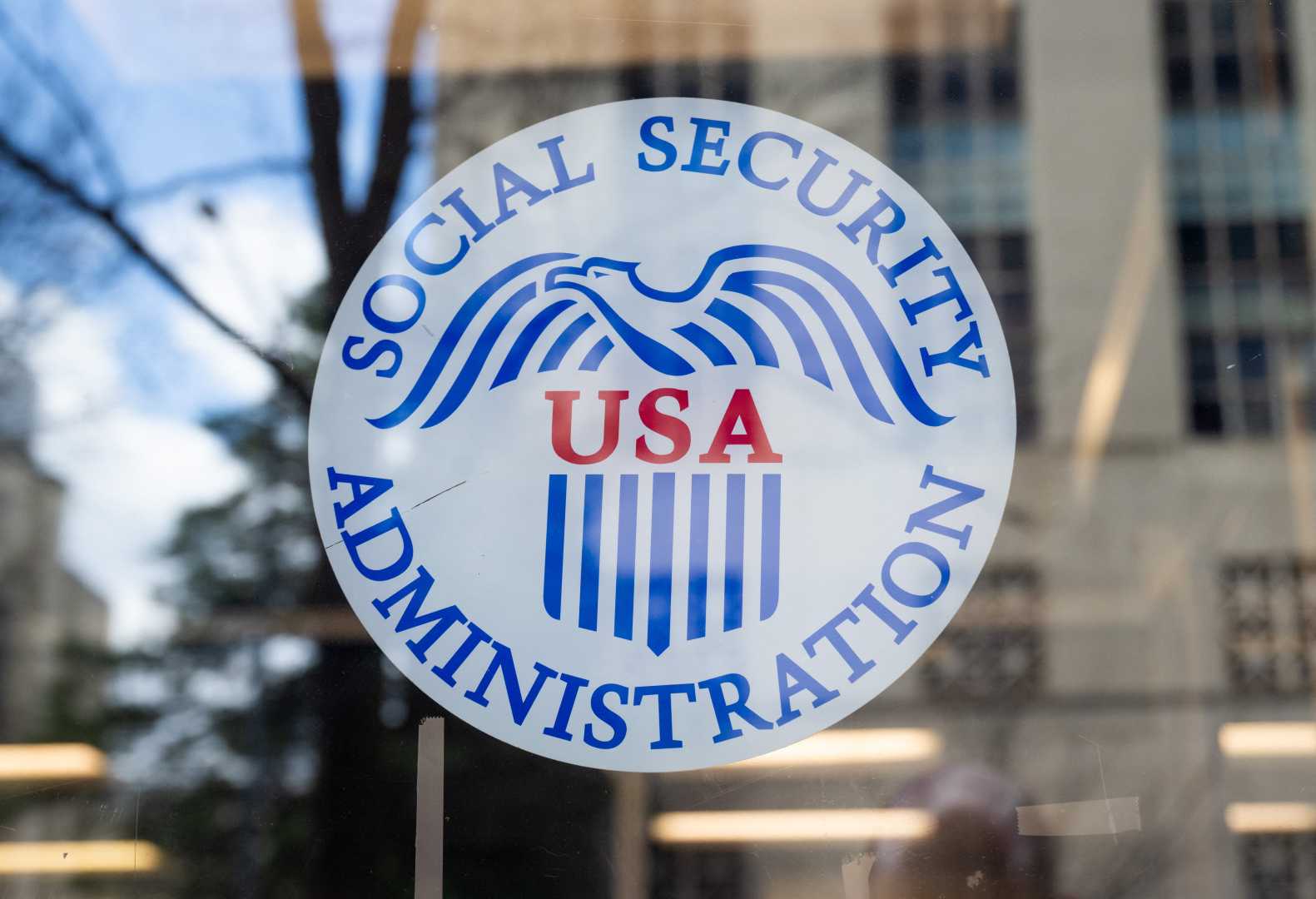News
Government Reverses Paper Check Phase-Out for Social Security Payments

WASHINGTON, D.C. — The U.S. government has reversed its earlier decision to eliminate paper checks for Social Security payments, following numerous concerns from beneficiaries. Initially set to take effect on September 30, 2025, the complete transition to electronic payments has been softened to accommodate those unable to access digital banking.
In mid-August, the Social Security Administration (SSA) announced plans for a full shift to electronic payments as part of an initiative to modernize federal benefit distribution. This decision raised alarm among seniors and rural residents who rely on traditional checks. However, on September 19, the SSA confirmed that certain beneficiaries who cannot utilize electronic payment methods will still receive paper checks.
SSA officials stated that while 99.4% of beneficiaries currently receive payments electronically, they have decided to allow exceptions for individuals facing genuine barriers to digital banking. “We won’t let administrative modernization come at the expense of vulnerable citizens,” an SSA spokesperson said.
This shift is significant for the nearly 400,000 Americans who depend on paper checks. Advocacy groups have pointed out that these individuals often face challenges such as limited technology access or a lack of digital literacy. “These aren’t people resisting technology out of stubbornness,” said Nancy Altman, president of Social Security Works.
The SSA emphasizes the advantages of electronic payments, arguing they are faster, safer, and more efficient than paper checks. However, officials recognize the necessity of inclusivity in their modernization efforts. They encourage beneficiaries who still receive paper checks to consider switching to direct deposit, which remains the safest option.
Despite the push for electronic payments, the government has reassured beneficiaries that there are no plans to pause or delay payments starting October 1. SSA’s flexibility may help ensure that those who cannot transition to digital payments are not adversely affected by this modernization process. “This isn’t about nostalgia — it’s about fairness,” Altman stated.
As the September 30 deadline remains in place, the SSA anticipates more outreach programs to assist older Americans in transitioning to electronic payments. The agency aims to maintain a balanced approach to modernization while ensuring no citizen is left behind. “We can digitize responsibly — but not at the expense of those who can’t keep up,” concluded Rep. Sheila Jackson Lee (D-TX).












